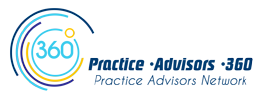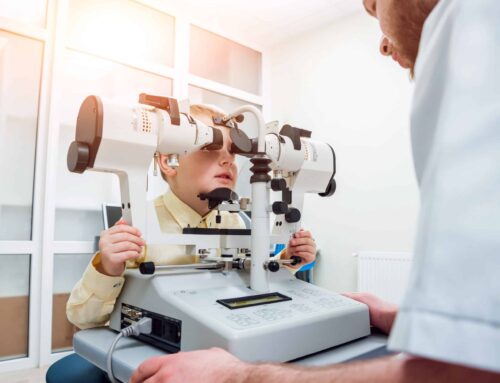Financing is a crucial aspect of buying or selling a medical practice. Both buyers and sellers need to explore financing options to facilitate a successful transaction. In this article, we will discuss various medical practice financing options available to buyers and sellers, enabling them to navigate the financial aspects of the process.
For Buyers:
- Traditional Bank Loans: One of the most common financing options for medical practice buyers is a traditional bank loan. These loans typically require a down payment, collateral, and a strong credit history. Buyers can work with banks or financial institutions to secure the necessary funds for the purchase. The terms and interest rates depend on factors such as creditworthiness and collateral provided.
- Small Business Administration (SBA) Loans: SBA loans are backed by the U.S. Small Business Administration and are designed to support small businesses, including medical practices. These loans often offer favorable terms, such as lower down payment requirements and longer repayment periods. SBA loans provide a viable financing option for buyers who may not meet the strict requirements of traditional bank loans.
- Private Financing: Private financing involves borrowing funds from private investors, such as family members, friends, or other individuals interested in investing in the medical practice. Private financing offers more flexibility compared to traditional loans, as the terms and conditions can be negotiated directly between the buyer and the investor. However, it is essential to carefully consider the interest rates, repayment terms, and potential impact on personal relationships.
For Sellers:
- Owner Financing: Owner financing is an option in which the seller acts as the lender, providing financing to the buyer. This method can be advantageous for both parties, as it enables the seller to sell the practice more quickly and generates interest income for the seller. The terms, including interest rates, repayment period, and down payment, are negotiated between the buyer and the seller.
- Seller-Assisted Financing: Seller-assisted financing involves the seller helping the buyer secure financing through traditional lenders or SBA loans. The seller’s involvement can increase the buyer’s chances of obtaining financing, as the seller’s knowledge and experience in the industry can enhance the buyer’s credibility. This arrangement benefits both parties, facilitating a smoother transaction.
- Earn-Out Agreement: An earn-out agreement is an arrangement in which a portion of the purchase price is contingent upon the future performance of the medical practice. This option allows the seller to receive additional payments based on specific performance targets. It provides an opportunity for the buyer to secure financing based on the practice’s projected revenue and profitability.
- Lease-to-Own: In a lease-to-own arrangement, the buyer leases the medical practice from the seller with the option to purchase it at a later date. This option allows the buyer to assess the practice’s potential before committing to a full purchase. The lease payments contribute towards the eventual purchase price, making it a practical financing option for buyers.
Medical practice financing options play a vital role in facilitating successful transactions for both buyers and sellers. Buyers can explore traditional bank loans, SBA loans, or private financing to secure the necessary funds. Sellers can consider owner financing, seller-assisted financing, earn-out agreements, or lease-to-own arrangements to facilitate the sale. It is crucial for both parties to carefully evaluate and select the financing option that best aligns with their financial goals and circumstances. Seeking guidance from financial professionals and consulting with legal advisors can help navigate the complexities of medical practice financing and ensure a smooth transaction process.






